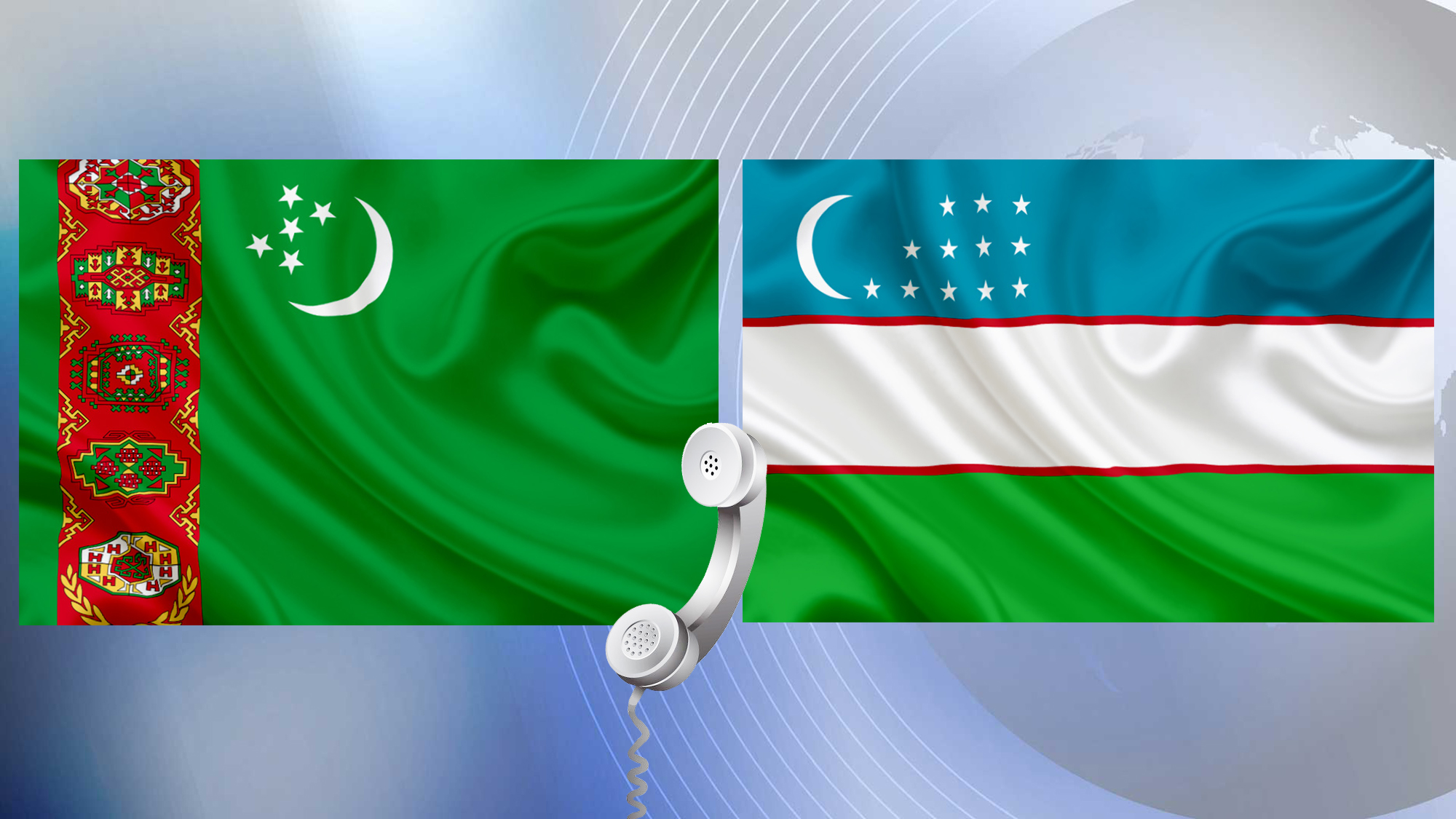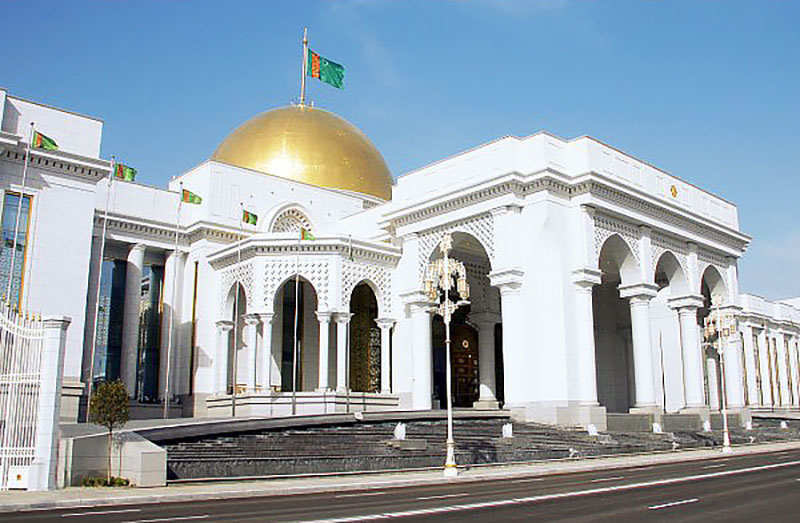As is known the opening of new industrial complex, which was built in Ahal Velayat and which is the first facility of this type in the world, took place on June 28 with participation of Turkmen leader. During the ceremony of occasion of this remarkable event, State Minister of Economy, Trade and Industry of Japan Yoshihiko Isozaki read out congratulation message of the Head of the Government of the Country of Rising Sun.
In his reply, the Head of Turkmenistan made special mention of traditionally friendly and constructive character of the interstate relations, which recently have entered new level and are successfully developed both in bilateral and multilateral formats under competent international organizations as well as under the Central Asia + Japan Dialog.
Our countries demonstrate mutual intent to intensify productive cooperation in wide range of directions on long-term basis. This is indicated by efficient activity of the leading Japanese companies in Turkmen market, their participation in implementation of major infrastructural projects in the context of the course of Turkmenistan toward industrialization and diversification of national economy.
Having expressed the gratitude for the congratulations on the opening of new facility in his message, President Gurbanguly Berdimuhamedov also informed that he would visit the Country of Rising Sun for participation in the events on occasion of the enthronement of the Emperor Naruhito by the invitation of Japanese side. .
Having expressed the gratitude to Prime Minister Sinzo Abe for his ideas on further development of interstate dialog, the Head of the State highlighted that Turkmenistan considers Japan as reliable strategic partner. In the end of the letter, the President expressed the hope that fruitful bilateral cooperation would be comprehensively strengthened in the future by implementation of new joint projects relying on long experience and significant potential.
In this regard, it is worth mentioning that Turkmen – Japanese relations are example of equal beneficial partnership aimed at specific results.
Official visit of President Gurbanguly Berdimuhamedov to Japan in 2013 and mutual visits on high level in 2015 were remarkable milestones in the history on bilateral cooperation. Important agreements achieved during the visits and signed documents have given strong impulse and content to traditional interstate relations.
All of this visually demonstrate favourable prepositions for intensification of productive trade and economic partnership, stimulation of investment activity as well as for activation of direct contacts between business structures. Regular business meetings and forums, joint sessions of Turkmen – Japanese and Japanese – Turkmen Committees for economic cooperation allows defining key directions of long-term cooperation. It includes industrial branches, in particular petrochemical sphere, transport and communication section, agricultures, introduction of new technologies and other.
At the same time, interstate humanitarian contacts in education and science, where special attention is paid to training of qualified personnel, as well as in culture and arts are activated every year. Relations in sport and tourism sphere received new intensives. In this aspect, it is remarkable that recently, that Turkmen civil aviation has opened new flight, which connected Ashgabat and Tokyo. All these factors make positive influence on the process of rapprochement of two friendly countries and nations.
President Gurbanguly Berdimuhamedov notes that Turkmenistan and Japan demonstrate the commitment to the course toward beneficial partnership based on the balance of mutual economic interests, national priorities of the state development and goals of common prosperity.






